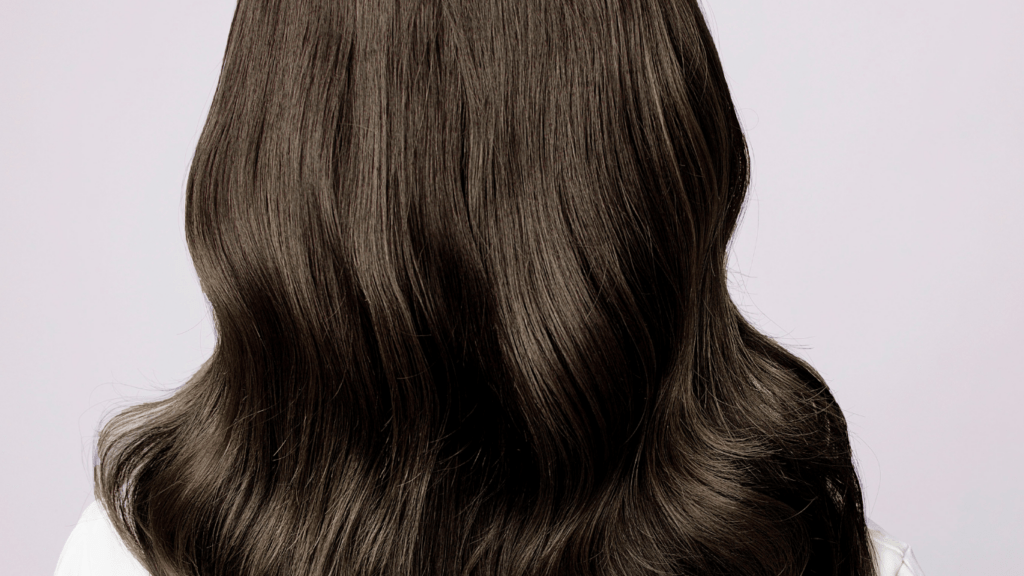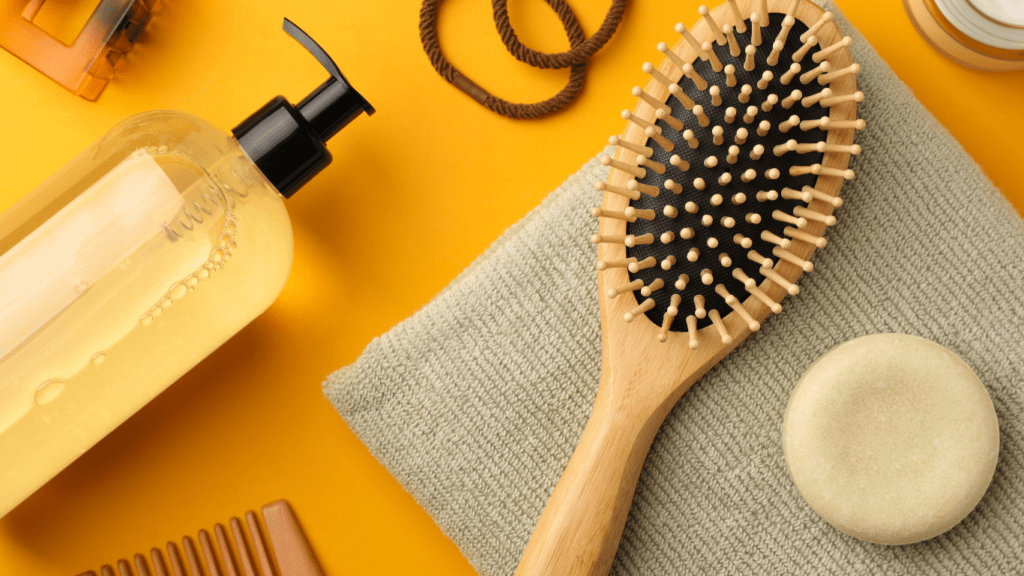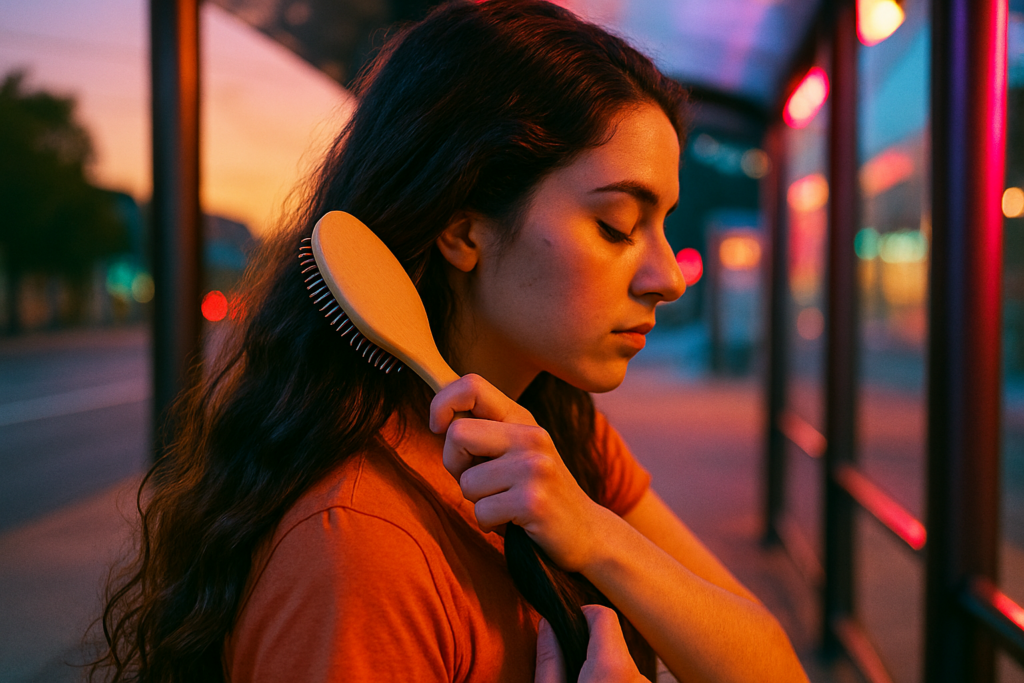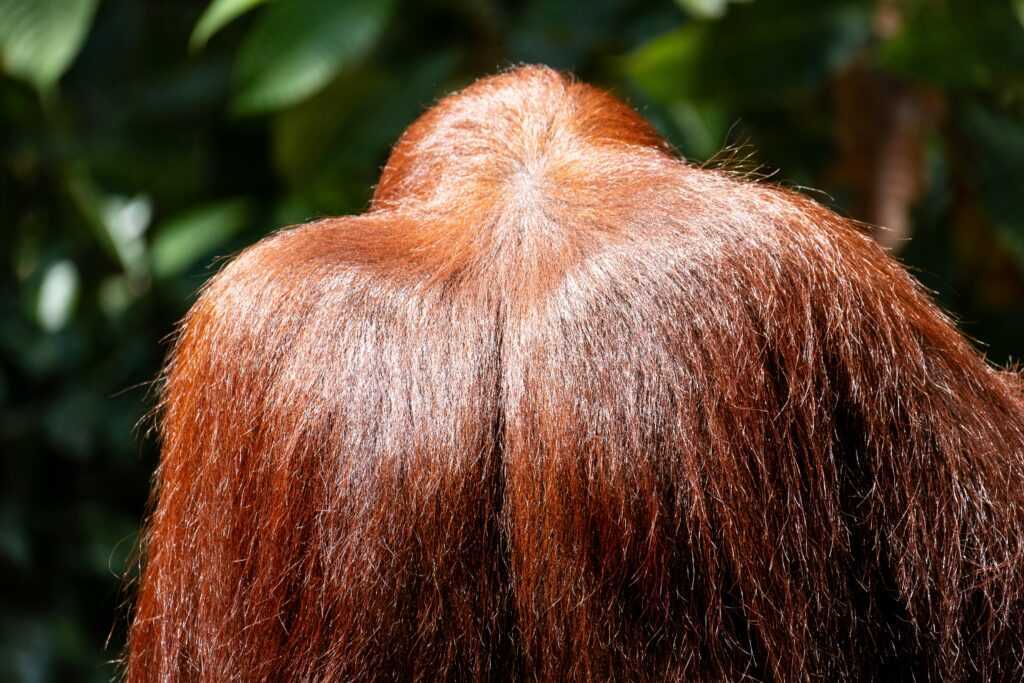Importance of Hydrated Hair
Hydrated hair boosts appearance, making it look shiny and vibrant. Healthy hair maintains elasticity, reducing breakage and split ends. Proper hydration strengthens hair strands, enhancing overall density and thickness, which improves manageability.
Dry hair often results in scalp issues like dandruff and itching. Keeping hair hydrated ensures a balanced scalp, promoting better hair growth conditions. Moisture retention is crucial for hair health, requiring suitable products and consistent care tailored to individual hair types.
Hydrated hair efficiently absorbs nutrients, creating a stronger foundation to resist environmental damage. By focusing on moisture, I can create a routine that significantly enhances hair health and appearance, ensuring it remains resilient and vibrant.
Understanding Hair Hydration
Understanding hair hydration is crucial to maintaining healthy locks. Let’s dive into the specifics of hair hydration and the key factors that affect it.
What Is Hair Hydration?
Hair hydration refers to the level of moisture locked within hair strands. Hydrated hair appears shiny and flexible, reducing the risk of breakage and split ends. Proper hydration nourishes the hair shaft from within, allowing nutrients to penetrate deeply. Consequently, this improves hair’s overall structure and resilience.
Key Factors Affecting Hair Hydration
Several factors influence hair hydration, each significant in its own way:
- Hair Porosity: Porosity determines how well hair absorbs and retains moisture. High porosity hair soaks up moisture quickly but loses it just as fast, while low porosity hair struggles to absorb moisture initially.
- Climate: Environmental conditions, such as humidity levels and temperature, impact hair hydration. Dry climates can strip moisture from hair, making hydration challenging to maintain.
- Hair Products: Products containing harsh chemicals or sulfates can dehydrate hair. Choosing the right moisturizers, conditioners, and oils is essential for maintaining optimal hydration levels.
- Heat Styling: Excessive use of heat from blow dryers, straighteners, and curling irons can sap moisture from hair, leading to dryness and brittleness.
- Water Quality: Hard water contains minerals that can build up on hair, preventing proper hydration. Using a water filter or clarifying shampoo can mitigate this issue.
Addressing these factors is key to keeping hair well-hydrated, ensuring it remains strong, shiny, and healthy.
Best Practices for Keeping Hair Hydrated
Maintaining optimal hair hydration involves more than understanding factors affecting moisture levels. Implementing best practices is key.
Regular Conditioning
Use a conditioner after every shampoo session. Conditioners, such as leave-in conditioners and rinse-out conditioners, help seal moisture in the hair shaft. Apply enough conditioner to cover the entire length of your hair. Avoid the roots to prevent buildup and ensure optimal hydration.
Deep Conditioning Treatments
Incorporate deep conditioning treatments at least once a week. Deep conditioners, such as those containing natural oils and proteins, penetrate the hair shaft to deliver intensive moisture and nutrients. Leave the deep conditioner on your hair for 20-30 minutes. Heat enhances the effectiveness of many deep conditioners.
Proper Hair Washing Techniques
Avoid hot water when washing your hair; use lukewarm water instead. Hot water can strip essential oils and moisture from your hair. Gentle shampoos, like sulfate-free shampoos, preserve the hair’s natural moisture balance. Avoid over-washing, which can dehydrate the hair. Stick to washing your hair 2-3 times a week, adjusting for your individual hair type and needs.
Hydrating Hair Products

Proper hair hydration starts with the right products. Choosing items specifically designed to retain moisture ensures hair remains healthy and strong.
Shampoos and Conditioners
Using hydrating shampoos and conditioners is essential for maintaining moisture. These products contain ingredients like glycerin, aloe vera, and hyaluronic acid, which attract and retain water. Opting for sulfate-free shampoos prevents the stripping of natural oils. I recommend looking for products labeled specifically for hydration or moisture.
Leave-in Conditioners and Serums
Leave-in conditioners and serums provide lasting moisture throughout the day. They not only hydrate but also protect hair from environmental factors. I suggest lightweight leave-in conditioners with ingredients like shea butter, coconut oil, and panthenol. Serums with silicone help lock in moisture and add shine, especially useful for combating frizz.
Natural Oils and Masks
Natural oils and hydrating hair masks deeply nourish and repair hair. Oils like argan, jojoba, and coconut offer intense hydration and can be used as pre-wash treatments or added to masks. Hydrating masks with ingredients such as avocado, honey, and keratin boost moisture and improve hair strength. Using these treatments weekly revitalizes and maintains healthy hair.
Lifestyle Tips for Hair Hydration
Maintaining hydrated hair requires a holistic approach. Paying attention to diet, hydration, and environmental factors optimizes hair health.
Diet and Hydration
Hair reflects internal health. Consuming a balanced diet rich in vitamins and minerals promotes hydration from the inside out.
- Water Intake: Drinking at least 8 cups (64 ounces) of water daily keeps hair moisturized. Proper hydration supports the body’s natural processes, including hair growth and health.
- Essential Fatty Acids: Foods like salmon, walnuts, and flaxseeds provide omega-3 fatty acids, essential for scalp health and hair hydration.
- Vitamins and Minerals: Consuming foods high in biotin, vitamins A, C, and E, and zinc strengthens hair. Examples include eggs, spinach, berries, and sweet potatoes.
- Protein: Hair is mostly keratin (a protein), making protein intake crucial. Include lean meats, beans, and nuts in your diet to support hair structure and hydration.
Protecting Hair from Environmental Stressors
Environmental factors like sun exposure, pollution, and harsh weather can dehydrate hair. Implement protective measures to maintain moisture.
- UV Protection: Wearing hats or using UV-protective sprays shields hair from sun damage. Sun exposure dries out hair and fades color.
- Heat and Cold: Extreme temperatures harm hair. In the cold, cover your head with a scarf or hat. In the heat, opt for lightweight, breathable materials to protect your scalp and hair.
- Pollution: Pollution weakens hair and strips moisture. Regularly washing hair to remove pollutants helps maintain hydration. Use clarifying shampoos occasionally to deep clean.
- Wind Protection: Wind dries out hair and causes tangling. Tie hair back or use protective hairstyles like braids when exposed to windy conditions. Applying a leave-in conditioner adds a layer of protection.
Incorporating these lifestyle tips into your routine maximizes hair hydration and promotes overall hair health.
Common Mistakes to Avoid
Relying on Heat Styling Tools
Many people use heat styling tools like flat irons and blow dryers, which can strip moisture from hair. It’s better to limit their use and always apply a heat protectant.
Over-Washing Hair
Washing hair too frequently with harsh shampoos can remove natural oils. I recommend washing hair two to three times per week with a sulfate-free shampoo to maintain moisture.
Ignoring Scalp Health
Neglecting scalp health impacts hair hydration. Conditions like dryness and dandruff can deter moisture retention. Regularly exfoliate and moisturize your scalp to support hair hydration.
Using Too Much Protein
While protein treatments strengthen hair, overusing them can lead to dryness. Balance protein treatments with moisturizing treatments to avoid dry, brittle hair.
Skipping Conditioner
Conditioner is crucial for hydrating hair. Skipping it after shampooing can leave hair dry. Always follow up with a quality conditioner, focusing on the ends.
Exposing Hair to Extreme Conditions
Extreme weather conditions like strong sun and frigid temperatures can dehydrate hair. Protect your hair with hats or scarves and use leave-in conditioners.
Not Drinking Enough Water
Dehydration affects hair health. Drinking ample water ensures hair stays hydrated from within. Aim for about 8 glasses of water per day for optimal hydration.



 Product Review Expert
Marta is the product guru of the team, with a keen eye for discovering the best hair care products available. She meticulously tests and reviews shampoos, conditioners, styling tools, and treatments to give readers honest, in-depth insights. Marta’s expertise ensures that only the highest quality products are recommended, making her reviews an essential guide for anyone looking to invest in their hair care routine.
Product Review Expert
Marta is the product guru of the team, with a keen eye for discovering the best hair care products available. She meticulously tests and reviews shampoos, conditioners, styling tools, and treatments to give readers honest, in-depth insights. Marta’s expertise ensures that only the highest quality products are recommended, making her reviews an essential guide for anyone looking to invest in their hair care routine.
